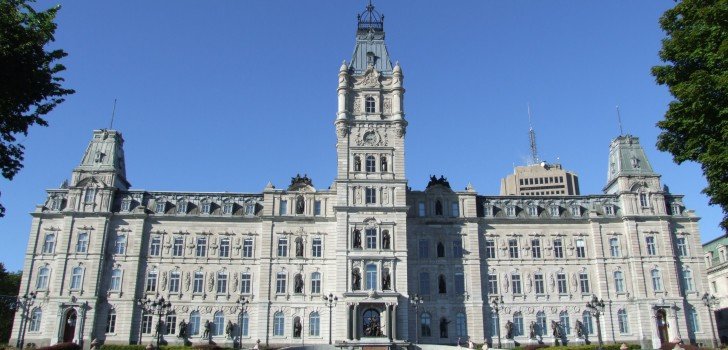As a result of an anti-terror law passed in 2014, Canada moved to revoke citizenship from one of the members of a terror group known as “Toronto 18.” Zakaria Amara, 29, was involved in a 2006 plot to stage a truck bomb attack against the Toronto Stock Exchange and Canadian Security Intelligence Service, and is the first target of the new law.
The law known as the Strengthening Canadian Citizenship Act has several controversial elements, but the portion targeting Amara came into effect in May 2015.
The National Democratic Party (NDP) and Liberal party are opponents of the new law, arguing that it is unconstitutional. As federal elections approach, leaders of both NDP and the Liberal party vowed to repeal it if elected. NDP leader Tom Mulcair stated, “No elected official should ever have the exclusive power to revoke Canadian citizenship. Under a Liberal government there will be no two-tiered citizenship. A Canadian is a Canadian is a Canadian.”
The new law is being challenged in Federal Court by the British Columbia Civil Liberties Association (BCCLA) in collaboration with former Toronto 18 member, Asad Ansari.
Conservative Defence Minister Jason Kenney countered, “If someone hates Canada so much that they’re prepared to demonstrate violent disloyalty to our country, they forfeit their citizenship. It’s a simple principle.”
Amara first raised the suspicions of authorities in 2005 as he trained with one other individual in an area north of Mississauga, Ontario. He hoped that through terrorist attacks, he could force Canada to withdraw troops stationed in Afghanistan.
Amara was sentenced to life in prison in 2010 as a result of the bomb plot, but the revocation decision this year does allow him 60 days to appeal. Under the law, only individuals who hold dual-citizenship can be targeted. Amara also holds Jordanian citizenship and may be deported there as a result of the recent action.
Conservative party members contend that the law would only target the worst of the worst. So far, less than a dozen Canadians have received notice that they are being considered for revocation.
Stay Connected